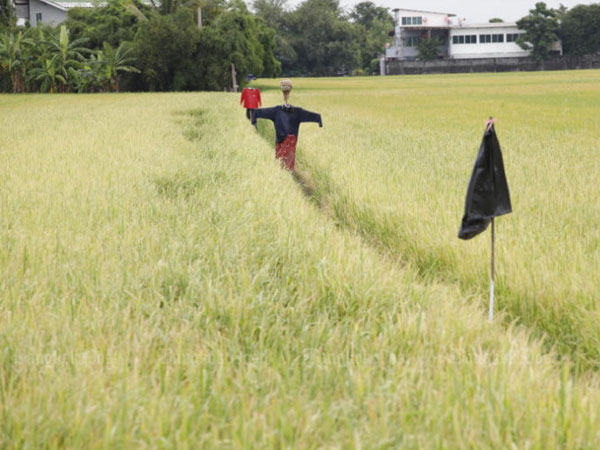 The Thai Rice Exporters Association said on Wednesday it is concerned about the strength of the baht and called on the government and the Bank of Thailand (BoT) to urgently take steps to weaken the currency from multi-year highs against the United States dollar.
The Thai Rice Exporters Association said on Wednesday it is concerned about the strength of the baht and called on the government and the Bank of Thailand (BoT) to urgently take steps to weaken the currency from multi-year highs against the United States dollar.
"There is a need not only to prevent excessive appreciation of the baht but also to weaken it to a competitive level while maintaining its stability to avoid severe fluctuations," it said in a statement, saying the baht's strength was hurting rice exports and the incomes of millions of farming households.
The baht traded at its strongest level against the dollar in more than four years on Tuesday, LSEG data showed. On Wednesday afternoon, the Thai currency hit 31.82 to the greenback. It has risen by 8% against the dollar so far this year, making it the second-best performing Asian currency after Taiwan's dollar .
The currencies of other major rice exporters such as India, Vietnam and Pakistan have depreciated against the US dollar, resulting in exchange rate differences between Thailand and its competitors of as much as 10%, the group said.
Thailand's rice shipments dropped by 25% year-on-year to 4.3 million metric tonnes in the first seven months of 2025.
According to the central bank, the baht was being mainly driven by US dollar weakness and the rally in gold prices.
The baht typically gets a boost when Thais sell gold, which is highly valued as an investment, as the dollar proceeds get converted into the local currency. It also has a much closer link to gold than other emerging Asian currencies.














© Copyright 2025 The SSResource Media.
All rights reserved.